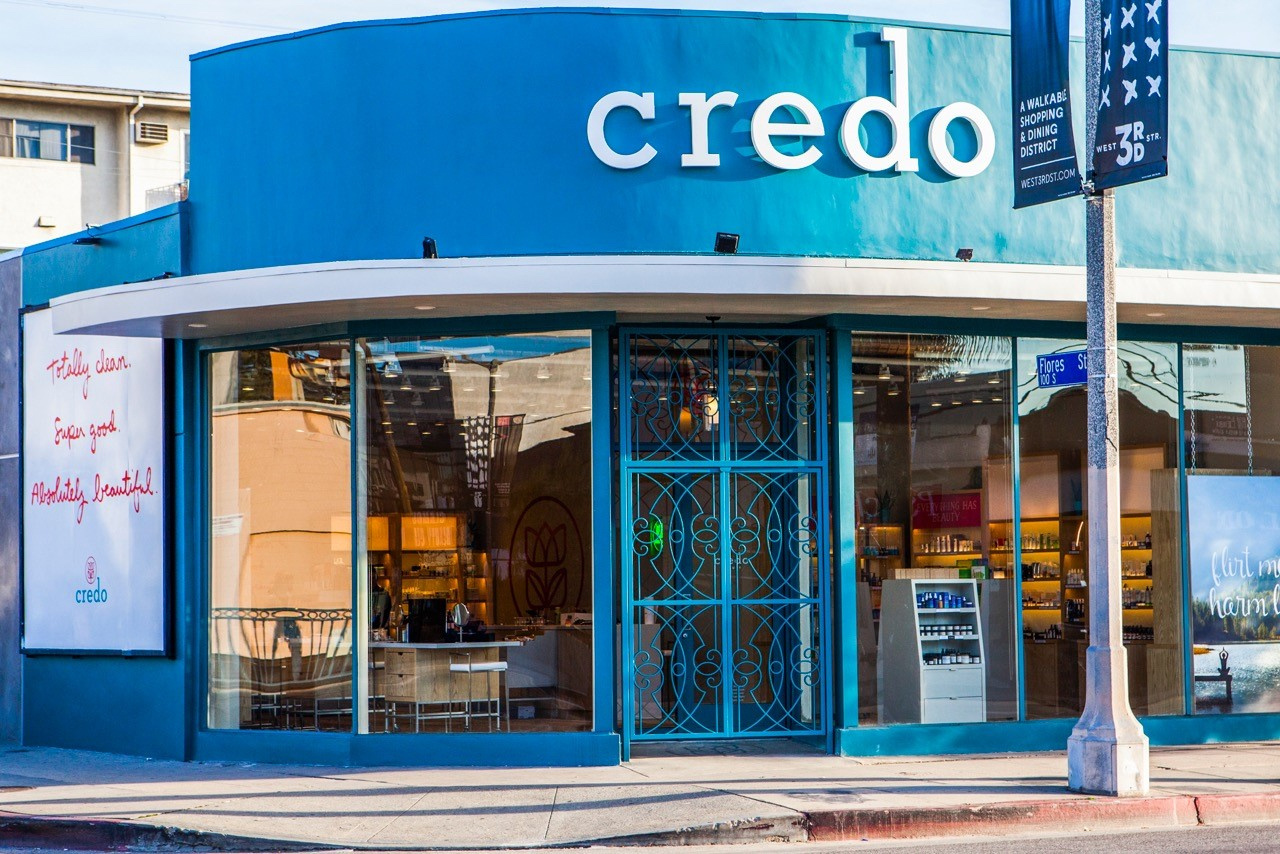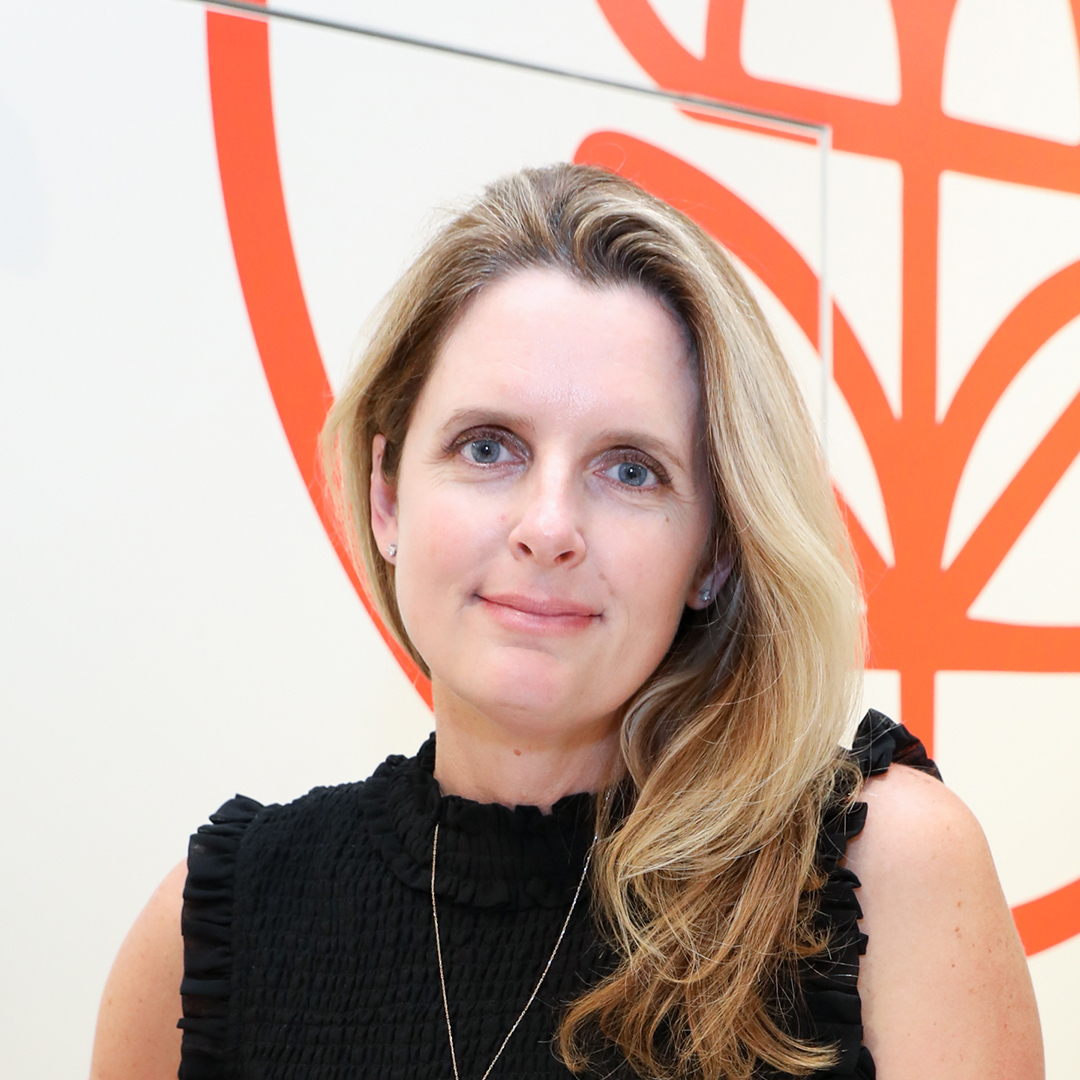
Credo For Change To Relaunch As A Career Accelerator Program In 2023
Credo for Change, the accelerator program clean beauty retailer Credo started in 2020, is changing its focus from BIPOC brand founders to people from underrepresented groups aspiring to careers in the beauty industry.
The idea behind the change is to diversify the pool of talent in the beauty industry—and for Credo specifically—as well as provide beauty industry hopefuls an idea of what it’s like behind the scenes in the beauty business. Credo expects to involve other retailers and brands in the program looking to build their staffs.
“One of our most important goals in every year is to continue to add diverse people to our HQ and store teams. When we go out into the network and have open positions, that’s always our first priority, and it’s proven to be quite challenging,” says Credo co-founder and COO Annie Jackson. “So, we thought, what if we were to come up with outreach targets of organizations and educational institutions and go to them with this program and say we’re going to give your students an opportunity to really experience what it’s like to be a buyer, a marketer in finance in business development?”
The curriculum for the participants of the upcoming Credo for Change program hasn’t been solidified, but Jackson describes it as an “applied curriculum to give them a taste of what these jobs entail and also a network.” Sessions will be recorded to allow participants to watch them on their schedule.

Credo For Change was established in 2020 following the murder of George Floyd as retailers ramped up efforts to diversify brands in their selections. Reflecting on that “polarizing” time, Jackson says, “It was really evident that not even just the clean beauty space, but the beauty space in general works very much within their own little networks and, overall, our network was very white.”
According to Credo’s website, the aim of the program was to “advance BIPOC-led beauty brands in key functional areas, and prepare them for direct-to-consumer growth or larger distribution in retailers.” Its sessions touched on business strategy, clean beauty formulations and trademarks, among various topics.
Credo didn’t guarantee the founders who participated in Credo for Change a spot for their brands in its selection. Out of 220-plus brands that participated in it, a small amount of brands, including Nopalera, Common Heir and 54 Thrones, have launched at the retailer. Per its site, Credo has more than 130 brands and 2,000 products in its selection.
The first two Credo for Change cohorts consisted of 13 to 14 brand founders. That number jumped to over 200 in the most recent cohort. Jackson explains, “Here we are saying that we want to offer up a network that’s more equitable, and so it seems counterintuitive to limit that to people. Why not just open it up to everybody, and it can be a much more fluid session where they can pick and choose the classes that they want to come to?”
Along with the cohort size, the structure shifted a bit. The element in which brands had a chance to speak to investors and buyers was eliminated. Jackson says, “We’re really trying to do is just impart knowledge and give them tools in their toolbox so then they can go off and scale their brand as they see fit.”
“Our focus is sustainability, yet we’re offering this ease to market in a way that’s just pumping more and more waste into an industry that’s already completely saturated.”
Jackson recognizes that the larger cohort size diminished the intimacy of the program. While mostly online, the program held in-person events in Brooklyn and Los Angeles. Jackson estimates around 50 people were in attendance at each event, and Credo for Change alums mingled with program participants at them. “To be able to meet in person and put a face to a brand was huge,” says Jackson.
Along with the issue of the program losing intimacy with the larger cohort, Jackson suggests the significant size of the cohort was indicative of the problem that the beauty industry has been flooded with too many brands and products. The change in the program’s focus was in part a result of Credo’s interest in combating rather than contributing to that problem.
“Our focus is sustainability, yet we’re offering this ease to market in a way that’s just pumping more and more waste into an industry that’s already completely saturated,” says Jackson. “We thought it might be a great opportunity to take a pause and address another real issue for the industry, which is a lack of diversity.”
Past Credo for Change participants have volunteered to help with the new program, passing along contacts to educational institutions. “It’s overall been really well-received as an idea, and I know my network out there in the world is really excited about it, too,” says Jackson. “It’s not like this passive program that we just posted out there. We want to actually go out and find great organizations.”





Leave a Reply
You must be logged in to post a comment.